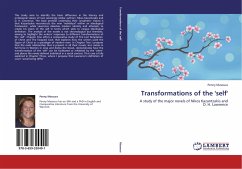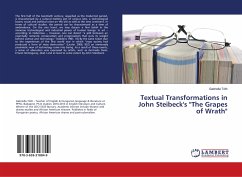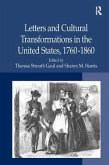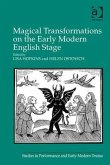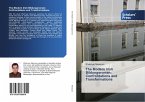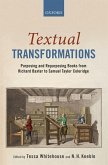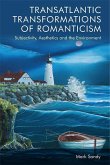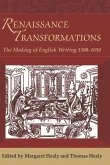This study aims to identify the basic difference in the literary and ontological visions of two seemingly similar authors: Nikos Kazantzakis and D. H. Lawrence. The basic premise underlying their prophetic visions is that Kazantzakis reconstructs the new individual within an ideological framework, while Lawrence dissolves modern identity and attempts to create his vision of the self in terms which seek to escape ideological definition. The analysis of the novels is not chronological but thematic, aiming to highlight the writers responses to different transformations of the self . Chapter One offers a comparative study of The Last Temptation of Christ and The Escaped Cock that explores how the writers used the figure of Christ as a paradigm of modern man. In Chapter Two I propose that the male relationship that is present in all their novels, but comes in full force in Women in Love and Zorba the Greek, demonstrates how the transformation of the self can be facilitated or inhibited by the other and places the newly defined individual in a social context. That case is fully explored in Chapter Three, where I propose that Lawrence s definition of pure social being differ
Bitte wählen Sie Ihr Anliegen aus.
Rechnungen
Retourenschein anfordern
Bestellstatus
Storno

